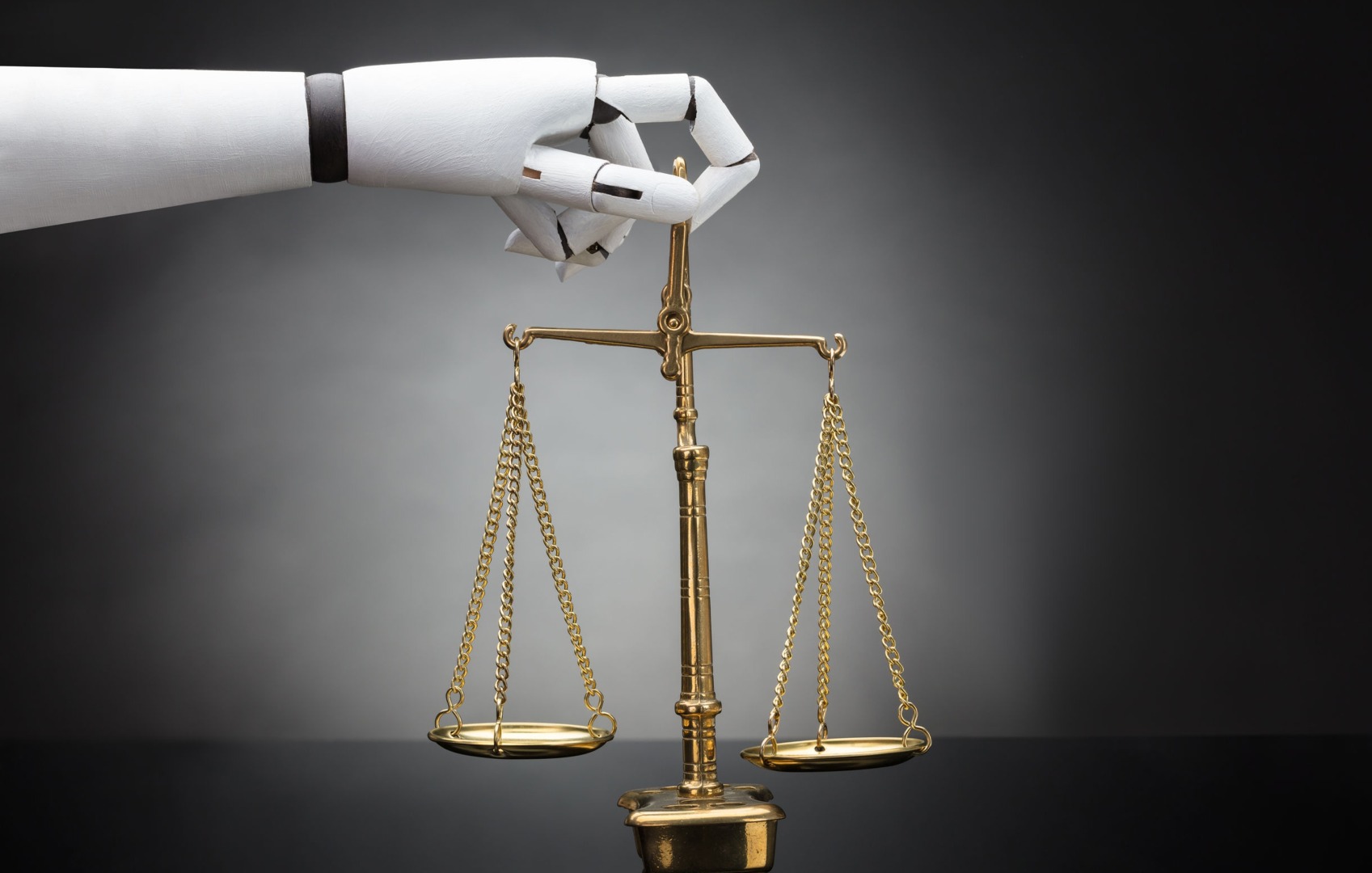The digital era has transformed the way we live and work, creating new legal challenges that require innovative solutions. With the rise of e-commerce, social media, and digital currencies, the concept of legal jurisdiction is becoming increasingly complex. As individuals and businesses engage in cross-border transactions and online activities, the question of which legal framework applies becomes more complicated. This article explores the future of legal jurisdiction in the digital age and the challenges that lie ahead.
The Digital Landscape
The digital revolution has created a global marketplace that operates without traditional physical boundaries. Transactions and communications are conducted online, crossing international borders with ease. As a result, traditional legal jurisdictions that were based on national borders are becoming outdated. The complexity arises when a dispute arises between two parties located in different jurisdictions, as it is not clear which law will apply.
Challenges of Jurisdiction
One of the biggest challenges of jurisdiction in the digital age is the lack of international legal standards. The Internet is decentralized, and the laws that regulate online activities vary widely from country to country. This creates conflicts when two parties from different countries are involved in a legal dispute. In such cases, it is often difficult to determine which jurisdiction has the legal authority to hear the case.
Another challenge is the difficulty of enforcing judgments across borders. In the physical world, it is easier to enforce a judgment as courts can seize assets or take other measures to enforce a ruling. However, in the digital world, assets may be located in different countries, and it may be difficult to enforce a judgment against them.
The Way Forward
One solution to the challenges of legal jurisdiction in the digital age is the creation of international legal frameworks that govern online activities. The European Union, for instance, has introduced the General Data Protection Regulation (GDPR) which harmonizes data privacy laws across the EU member states. Such a unified framework helps to create a legal standard, which simplifies the process of resolving disputes.
Another solution is the creation of online dispute resolution mechanisms. The Internet offers various platforms for resolving disputes between parties. These platforms are accessible to parties from different jurisdictions and can help to resolve disputes efficiently and cost-effectively.
Conclusion
In conclusion, the digital age has created new legal challenges that require innovative solutions. Jurisdiction has become more complicated as online activities cross international borders. The lack of international legal standards and difficulty in enforcing judgments create difficulties in resolving legal disputes. The creation of international legal frameworks and online dispute resolution mechanisms can help to address these challenges and provide clarity to parties involved in cross-border transactions. It is an exciting time for the legal profession as the digital era offers an opportunity to develop solutions that meet the needs of a rapidly changing world.

